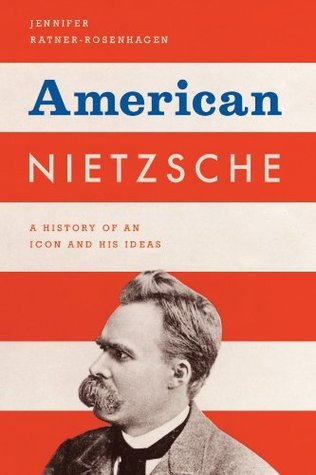Amid the contestations, a consensus emerged that Americans were too confident in the universal value of their bourgeois Christian worldviews to have any meaningful use for such a radically antifoundational, antireligious, antidemocratic thinker. And yet, by invoking Nietzsche in superlatives, high-lighting his European influence, debating his persona, and showing the usevalue of his name as adjective and “ism,” his earliest American commentators unwittingly answered their own question.
Welcome back. Just a moment while we sign you in to your Goodreads account.


